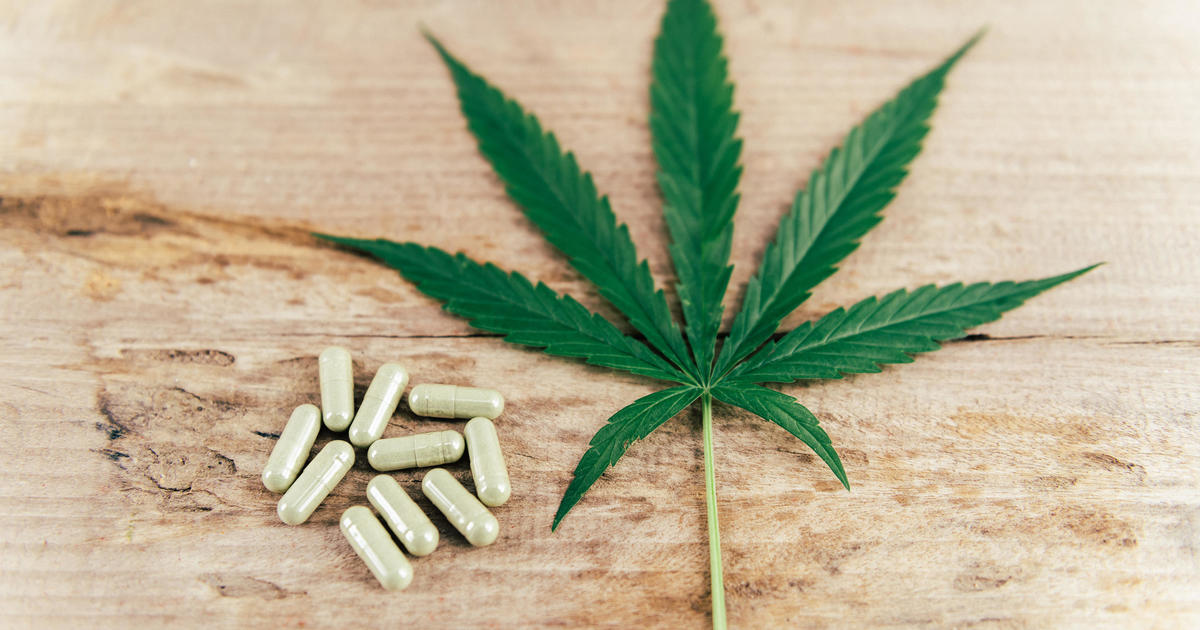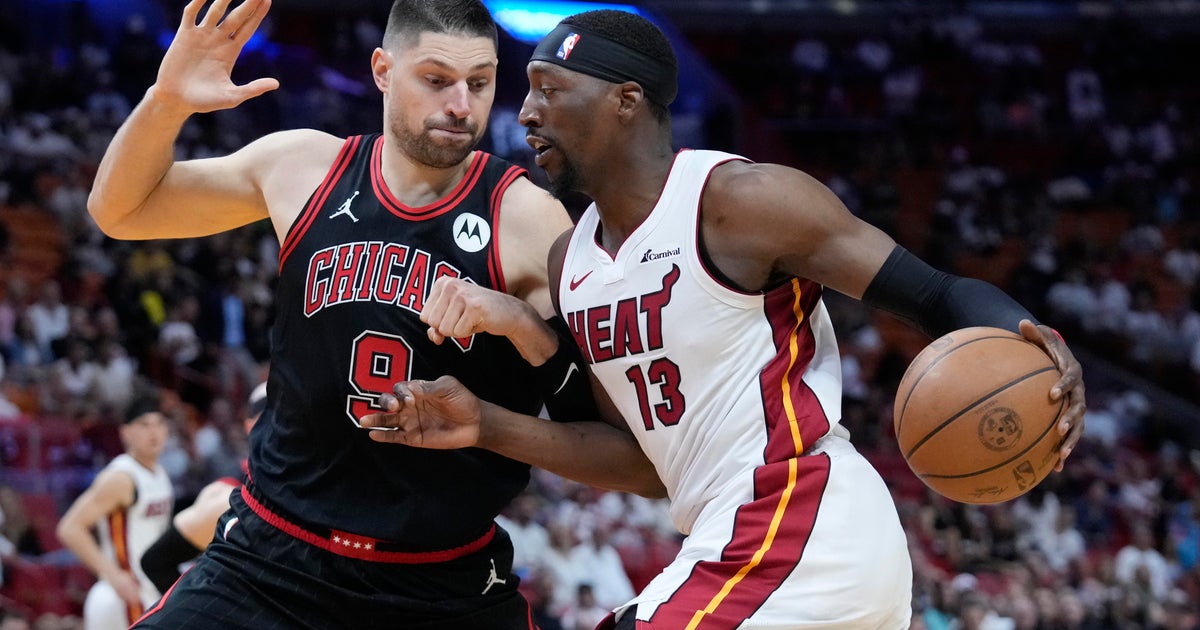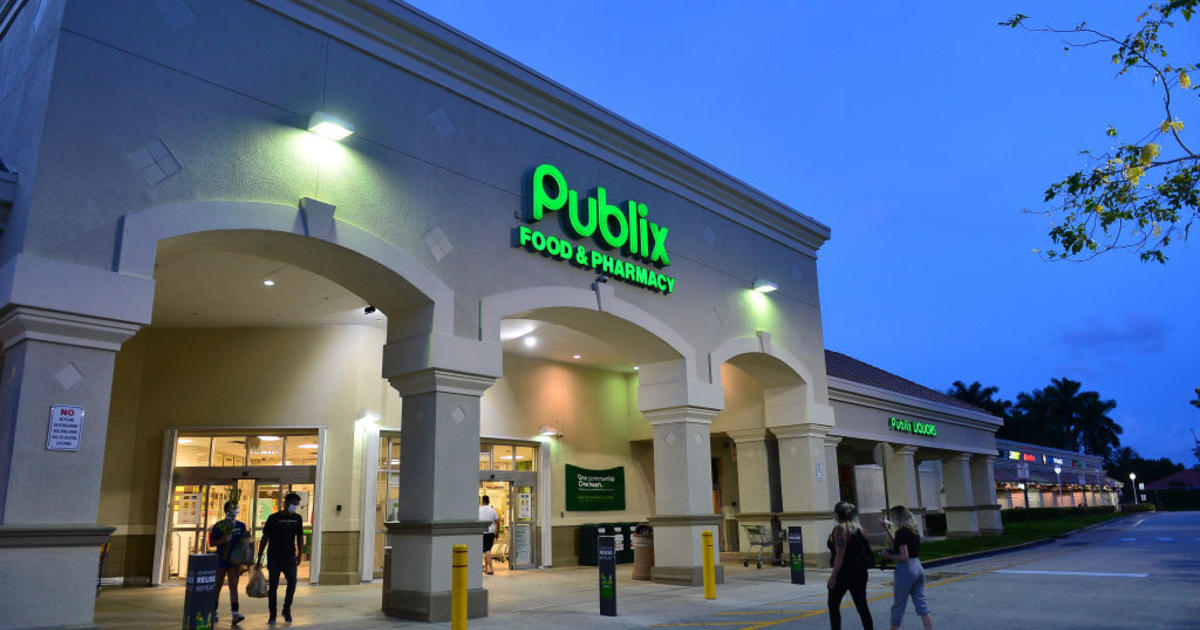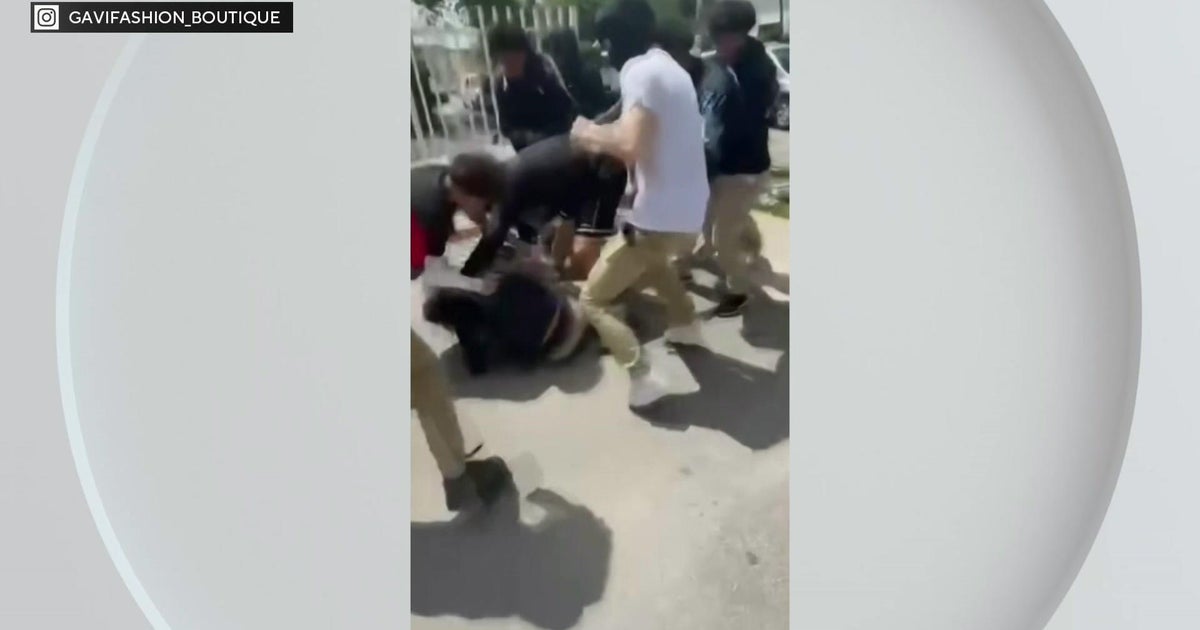MIAMI-– Some folks struggling soreness from cancer and other long-term ailments switch to cannabis to relieve their suffering, but a great deal of that relief could arrive from merely believing weed will help, a new study discovered.
In study, the inclination to have good expectations that a dummy capsule, treatment or procedure will help is termed the placebo outcome.
“The placebo reaction amounted to 67% of the agony aid related with real cannabinoids,” explained direct creator Karin Jensen, an affiliate professor and study team chief in the pain neuroimaging lab at the Karolinska Institutet in the Stockholm region.
“Things this sort of as patients’ anticipations of aid are most likely to engage in a position in the analgesic consequences connected with hashish-dependent solutions,” Jensen said in an email.
The effects of the modern study, published November 28 in the journal JAMA Network Open, echo those of one more substantial 2021 examination of the offered proof by the Worldwide Association for the Study of Ache. Based mostly on those findings, the association issued a assertion against the use of cannabis for pain.
“There is not adequate superior-top quality human medical security and efficacy proof to make it possible for IASP to endorse the standard use of hashish and cannabinoids for suffering at this time,” the association said at the time.
A 2020 study, for illustration, found making use of marijuana just before coming into the healthcare facility for a surgical procedure made ache throughout restoration significantly worse. People who employed weed beforehand also necessary more anesthesia throughout operation, and undergoing anesthesia can be dangerous for some people today, these types of as more mature grown ups or all those with chronic diseases these kinds of as diabetes. Cannabis users also needed far more opioids through restoration.
A different 2020 analysis of 6 randomized handle trials that bundled just about 1,500 cancer sufferers in the United Kingdom and Europe found no transform in regular pain intensity between the persons who utilized hashish and all those who took dummy products. In the research, some hashish customers experienced facet consequences at times intense ample to induce dropout from the experiments. Described side outcomes incorporated dizziness, nausea, vomiting, exhaustion and sleepiness.
“I believe we set up people to assume a specific form of final result,” explained experimental psychologist Harriet de Wit, a professor of psychiatry and behavioral science at the College of Chicago who scientific studies the placebo result.
“With no a doubt, some persons are likely to count on to get the lively drug, and they are going to practical experience some of people positive results. Which is correct with antidepressants it truly is legitimate with agony medicines,” said de Wit, who was not involved in the new review on cannabis.
“It is an intriguing and really authentic phenomenon,” she extra. “It truly is absolutely not ‘all in your head.’ And but there are some mind circuits that are included in making individuals thoughts and people expectations.”
The sugar capsule outcome
The placebo result was first identified in the late 1700s. It shortly became the foundation of numerous of the horrifying solutions medical professionals of the time employed, such as bleeding, blistering and leeching, to title a handful of described in a 1990 journal report.
“The monumental electrical power of the placebo allows clarify why doctors continued to be beneficial, highly regarded and remarkably honored customers of culture despite the painful, abhorrent, unscientific and generally unsafe treatment options they approved,” wrote author Charmane Eastman, founding director of the Organic Rhythms Exploration Laboratory at Hurry College Health-related Centre in Chicago.
In present day scientific trials, scientists ordinarily give the medication becoming tested to 50 % of the research contributors, while a so-termed sugar pill goes to an equally matched team of people today. Neither group is supposed to know which capsule they acquired. If it’s a double-blind study, even the researchers never know which capsule the members swallowed.
But from time to time persons can convey to, if the tablet creates an result that may be felt, these kinds of as a cannabis substantial. And even if they can not tell, people are known to believe that that they did certainly get the experimental dose.
In point, the optimistic perspective created by a placebo can be strong adequate to have an affect on review outcomes radically. For case in point, the placebo influence can account for 50% to 75% of the beneficial outcomes located in antidepressant drug trials, according to a 2002 study.
Partly to counter this result, experts do not think about a study’s final results significant until finally they increase over probability.
Setting expectations
The new exploration examined 20 studies using hashish for discomfort control in about 1,450 persons amongst the ages of 33 and 62. All the experiments had been done as double-blind, placebo-managed clinical trials — that means that even the scientists did not know which research participant gained cannabis or a dummy procedure.
Researchers uncovered no big difference in self-noted ache reduction in between the use of weed or placebo in the clinical trials: Equally confirmed a significant improvement in suffering. There was also no difference involving duration of treatment method — 45 days or a number of months — equally showed pain improvement.
In medical trials in which blinding was most successful — folks experienced no notion which procedure they have been acquiring — the placebo reaction was optimum. Members claimed their discomfort to be reasonable to drastically less intensive following treatment with a placebo compared with right before cure.
A distinctive element of the examine looked at the position of information and social media for the placebo effect in hashish clinical trials, Jensen explained. Researchers discovered optimistic media protection after every single of the hashish scientific trials, even when the study effects have been significantly less than stunning, she reported.
“The favourable and comprehensive media attention may possibly form placebo responses in subsequent scientific trials, nonetheless the recent examine is not powered to deal with this possibility,” the examine explained.
More study is desired to have an understanding of if this shaping of placebo responses in fact happens, Jensen said.
“It’s seriously hard to say where people today get their facts of what they hope the drug will do,” de Wit reported. “I don’t feel you can explain the placebo influence or blame it on social media. But you could say that is where they bought the expectation that this drug would relieve their pain — there is a ton of social media expressing hashish is great for every little thing under the sunlight.”




